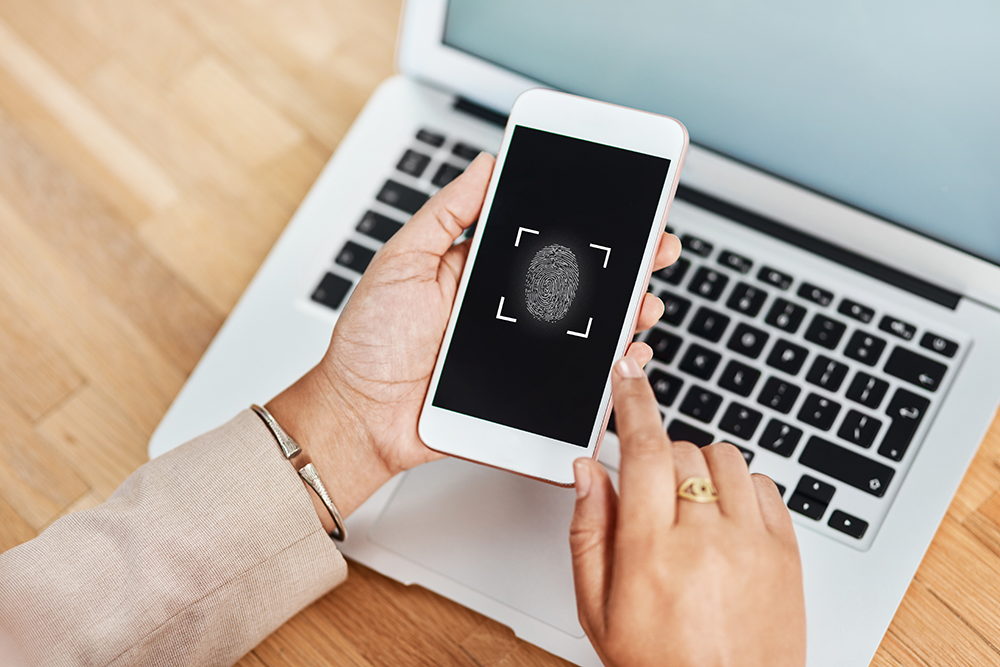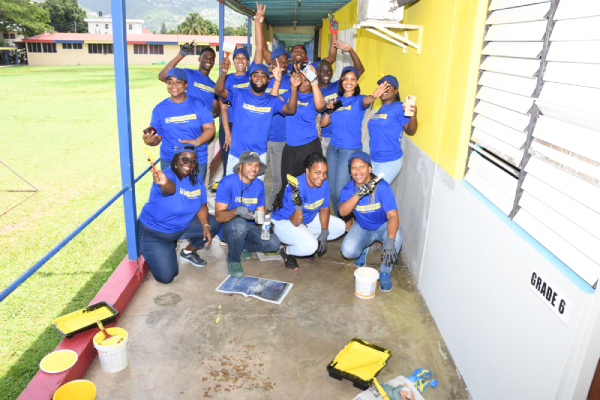
We Can Get Beyond Breast Cancer: Special Power of Pink Message from the CEO's Office
With no cure for cancer, specifically breast cancer, as we observe October as Breast Cancer Awareness Month, the fact remains that the most certain way to save lives, especially our lives as women, is to continue promoting, as vigorously as we can, screening to detect cancer at an early stage.
Breast cancer remains the leading cancer in women in Jamaica, accounting for 16.7 per cent of new cancer cases in Jamaica in 2020, according to the Global Cancer Observatory (Globocan), or 1,208 cases. Of that number, 637 died.
With early detection, more women live.
Our focus on the theme Pink40: Beyond the Ribbon, for our annual Power of Pink breast cancer awareness initiative, is deliberate in reminding us women, and those who love and support us, of the need to take seriously and be vigilant about breast health, especially as one approaches the age of 40.
Of course, many of our younger women are now being diagnosed with the disease; therefore, breast examinations should become routine at an earlier age. As our bodies reach a new biological and physical milestone at 40, there is need for us to pay even greater attention to its vicissitudes.
We cannot stress enough the importance of doing self-examinations and getting screened at least once per year, starting at 40. The truth is: the promotion of early detection falls flat if there are limited avenues for us to get mammograms that could, in effect, save our lives. Currently, there are only two public health facilities- The University Hospital of the West Indies in St Andrew and the Cornwall Regional Hospital in St James- which are equipped with mammography machines and are capable of offering screening at no cost; while the Jamaica Cancer Society provides the service at a subsidised cost of $4,000. All other machines are privately owned, and it can cost upwards of $10,000 to get screened, according to information from Reach for Recovery.
The cost, time and distance several persons may also have to travel to access breast cancer screening services is likely to be prohibitive to many women, many of whom may choose to spend those funds on schooling and feeding their children instead of on their health.
Therefore, we need more partnerships to save the lives of women, as we make up more than half our population; we are the heads of nearly half our households; and we operate the vast majority of the small enterprises. As the decision-makers in our households, we determine the outcomes of our children; and as the owners and operators of small and micro businesses, we play a central role in the health and sustainability of the economy and employment.
Cancer is expensive to treat and manage; and in developing countries such as ours, ways have to be found to reduce the burden, especially on poor women, and the direct and indirect costs to their families.
In a health sector burdened by trauma, violence, and now a pandemic, it has become easier to overlook diseases such as cancer and the needs of cancer patients, which can fade into the background. But I urge us never to forget cancer and the definite ways we can reduce its burden if we unite around its prevention and invest in access to services that will help us to detect it early, and consequently lower the cost to care.
I urge us to do more in the fight against breast cancer. Play our individual part by monitoring ourselves, conducting our self-examinations, and taking care of our health. Let us prioritise and decrease the institutional barriers that suppress early detection through screening.
Addressing these needs will go a far way in getting us beyond the disease.
Marie Stewart Lewin
Executive, The Jamaica National Group
Endorsed by the Hon. Earl Jarrett, OJ
Chief Executive Officer
Check out more stories like this

Pay Attention! Expert Calls Jamaicans to Heed Mental Wellness of Men and Boys
Mental health expert Dr Marlon Simpson is calling for urgent...

When Push Comes to Shove! Protect Yourself from MFA Fatigue Attacks
Multi-Factor Authentication (MFA) is one of the best ways to...

Salvation Army, Harvest Time and Cooreville Benefit from JN’s Labour Day Efforts
In observance of this year’s Labour Day, the JN Circle...